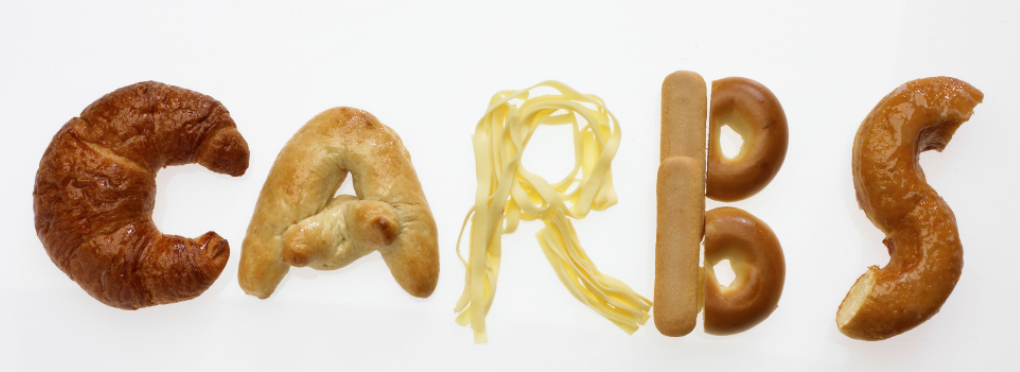
The leading advocate of fasting for diabetics, author Jason Fung, MD, is half a hero. He has helped to expose the abandonment of millions of diabetics to slow death by medication and has long encouraged diabetics toward helpful lower-carb diets. But this article is focused on his other half: The problems with his promotion of fasting.
In 2016, the ADA announced that it had given up on its long-promoted and fiercely defended “diabetic diet.” It’s low fat, low cal, “moderate” carb diet had never helped much but ADA-approved care for diabetes at that point came to consist only of medication, surgery, and an acceptance of diabetes as a death sentence. Despite the fact that diabetes is caused by a high-carb diet, diet improvement was no longer a high priority. In fact, it is rarely even mentioned now in connection with diabetes treatment.
Recovery from diabetes is no longer the goal of diabetes treatment.
Why? Some would point to the fact that Big Pharma and Bariatric Medicine have hit the jackpot as a result. With a diet solution out of the way, they are the only games in town – and the “town” is now the world, with the U.S. reporting 50% and China and India respectively reporting 70% and 80% rates of Prediabetes and Diabetes II.
Here is the better answer to the question of why the ADA became so reluctant to advocate any dietary solutions to a diet-caused problem: Twenty years ago the New York Times ran a huge, heart-rending series on the diabetes epidemic in the U.S. and abroad. In it they interviewed a prominent diabetes specialist who had just closed the diet clinic at his large University-based diabetes treatment and research center. Asked why, he simply said, “No one has ever followed our dietary recommendations.” Did he mean that diabetics were too lazy and would rather die than improve their diets? No. He was just stating a fact.
Diabetes II is a Brand New Disease
It was never a problem until after the American diet went high-carb in the 1970s. With the advent of ever-more popular, refined, and addictive high carb snack foods, by 1995, diabetes had been declared an epidemic in the U.S. and has since become a worldwide pandemic.
If diabetics were to go back to eating a pre-1970s diet with adequate, nutrient-dense calories and a more balanced ratio of protein, fat, and carbs, would they be cured? This would have worked in the past if diabetics had ever been given this option, but the ADA’s ‘diabetic diet’ was always too low in calories, fat, and protein to qualify as a pre-1970’s diet. In 2020, after a decades-long battle against the low carb Atkins’ diet, the ADA, faced with the new Keto and fasting factions, posted a tentative, first-ever low-carb diet option. But it’s too late now. The refined food industry has created such addictive high-sugar foods that today even the most highly motivated diabetics typically cannot follow any dietary prescriptions.
The Fasting Prescription
Initially, Fung, after years of providing ADA-style treatment advocated an Atkin’s-style, lower-carb, approach with plenty of vegetables, protein, and fat. His patients liked it and initially got better on it. But Fung found, as low-carb diet prescribers typically do, that his patients couldn’t stick to it. That’s when Fung’s heroism ran out. He turned instead to something even more extreme… to a zero-calorie diet i.e. fasting. He did so because his patients were up against the one thing that diabetics have always been defeated by. His patients were suffering from overpowering, brain-generated cravings for foods designed to create spikes in their brains’ blood sugar and pleasure-chemistry levels.
Fung discovered that frequent fasting and a Keto diet, though no long-term human research confirming their safety had ever been done, reduced cravings for some diabetics and had some other surprising benefits.
But what about all those who continued to crave and relapse, despite initially enjoying their low carb diets and even tolerating their fasting days fairly well? Not a word in his book or on his websites. Nor is there a single piece of evidence there confirming the success (or safety) of his fasting protocols.
Fung’s colleagues are not so reticent. The now-popular “Low-carb,” “Keto” and “Fasting” conferences are full of physicians complaining about the number of diabetic patients relapsing because of the same cravings for high-carb foods that had caused their diabetes in the first place.
| Next week: Targeting the Brain: The Prime Generator of Carb Cravings |
